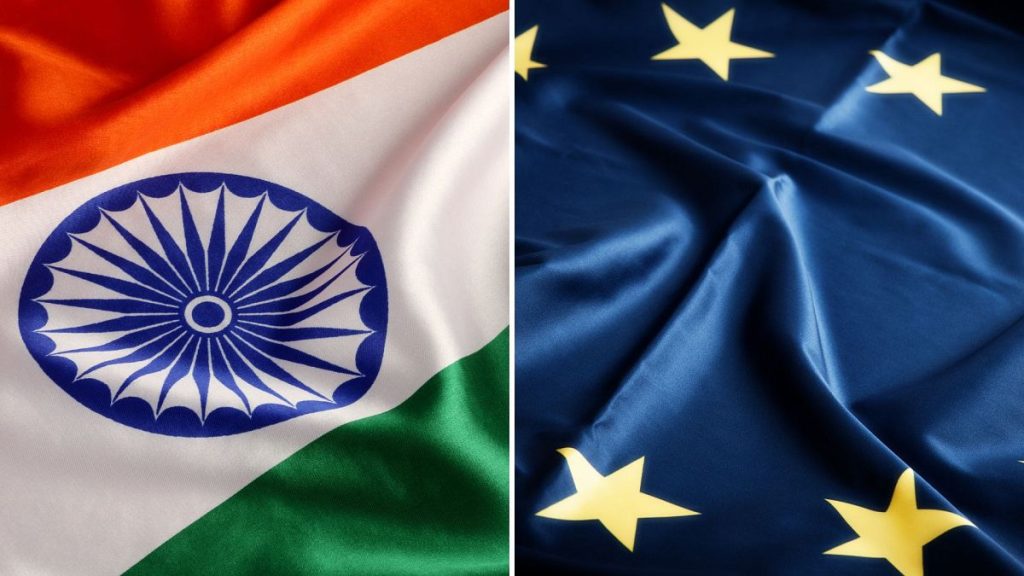The European Union has made it easier for Indian citizens to travel to Europe by updating the Schengen visa rules. The new rules allow frequent travelers who have used a short-stay Schengen visa twice within the last three years to apply for a two-year multiple entry visa. This can be followed by a five-year visa, as long as their passport has sufficient validity. The aim of this new scheme is to strengthen relations with India as an important partner for the EU and to secure cooperation on migration policy between the two entities. The Schengen visa allows stays of up to 90 days within a 180-day period across 29 European countries, making travel to Europe more accessible for Indian nationals.
Although the Schengen visa does not grant the right to work in Europe, there are various routes for Indian nationals to obtain a work permit in the EU. Highly qualified non-EU citizens may be eligible for a Blue Card, allowing them to live and work in any EU country except for Denmark and Ireland. Additionally, individual EU countries have their own non-EU work permit schemes that are often tailored to address shortages of skilled workers in specific fields. For example, Germany has recently made it easier for non-EU citizens to work in the country through reforms to its Skilled Immigration Act, which introduces a new points-based system that considers qualifications, professional experience, age, language skills, and ties to Germany. Belgium is also seeking foreign workers with skills in certain areas to address shortages in specific fields.
The new multiple entry visa for Indian citizens will allow them to access the Schengen area for up to 180 days in a year without the need to reapply for each visit. This will make travel to Europe more convenient for Indian nationals who frequently visit the region for business or leisure. The EU Ambassador to India, Hervé Delphin, highlighted the importance of enhancing people-to-people contact with India through this visa programme, further strengthening the relationship between India and the EU. This initiative reflects the EU’s recognition of India as an important partner and its efforts to facilitate travel between the two regions.
In order to work in Europe, Indian nationals must follow specific procedures to obtain a work permit in the EU. While the Schengen visa does not grant the right to work, the Blue Card and various non-EU work permit schemes offered by individual EU countries provide opportunities for highly skilled workers to live and work in Europe. Germany and Belgium are among the countries that have implemented initiatives to attract foreign workers with the necessary skills to address labor shortages in key sectors. These programs aim to provide opportunities for non-EU citizens, including Indian nationals, to contribute to the European workforce and support economic growth in the region.
Overall, the new Schengen visa rules provide Indian citizens with greater flexibility and convenience when traveling to Europe. The multiple entry visa allows for extended stays in the Schengen area without the hassle of reapplying for each visit, making it easier for frequent travelers to explore the region for business or leisure. By enhancing people-to-people contact with India, the EU aims to strengthen its partnership with the country and promote cooperation on migration policy. Additionally, opportunities for Indian nationals to work in Europe through programs like the Blue Card and non-EU work permit schemes demonstrate the EU’s commitment to attracting skilled workers from around the world to support economic growth and address labor shortages in key sectors.


